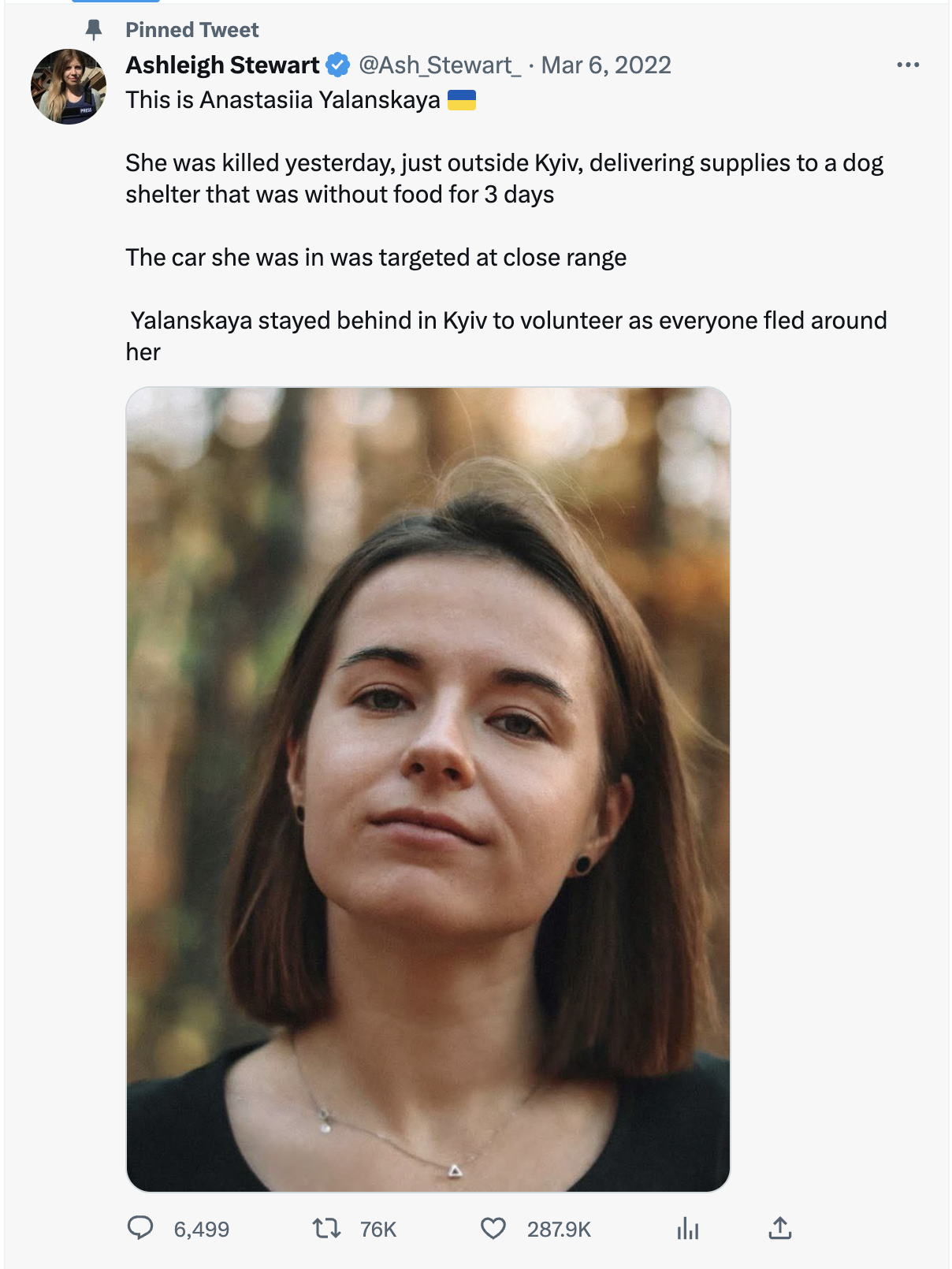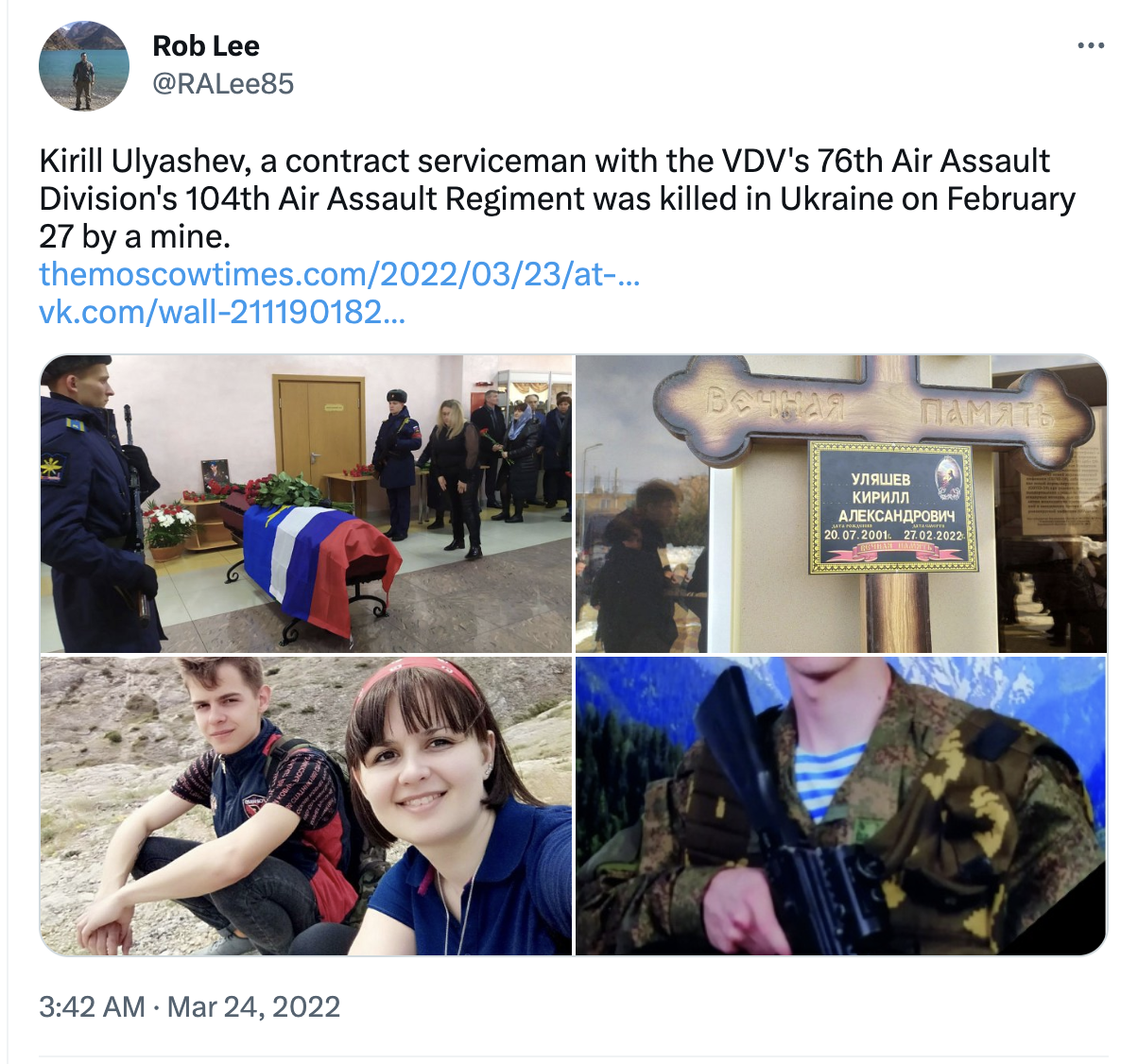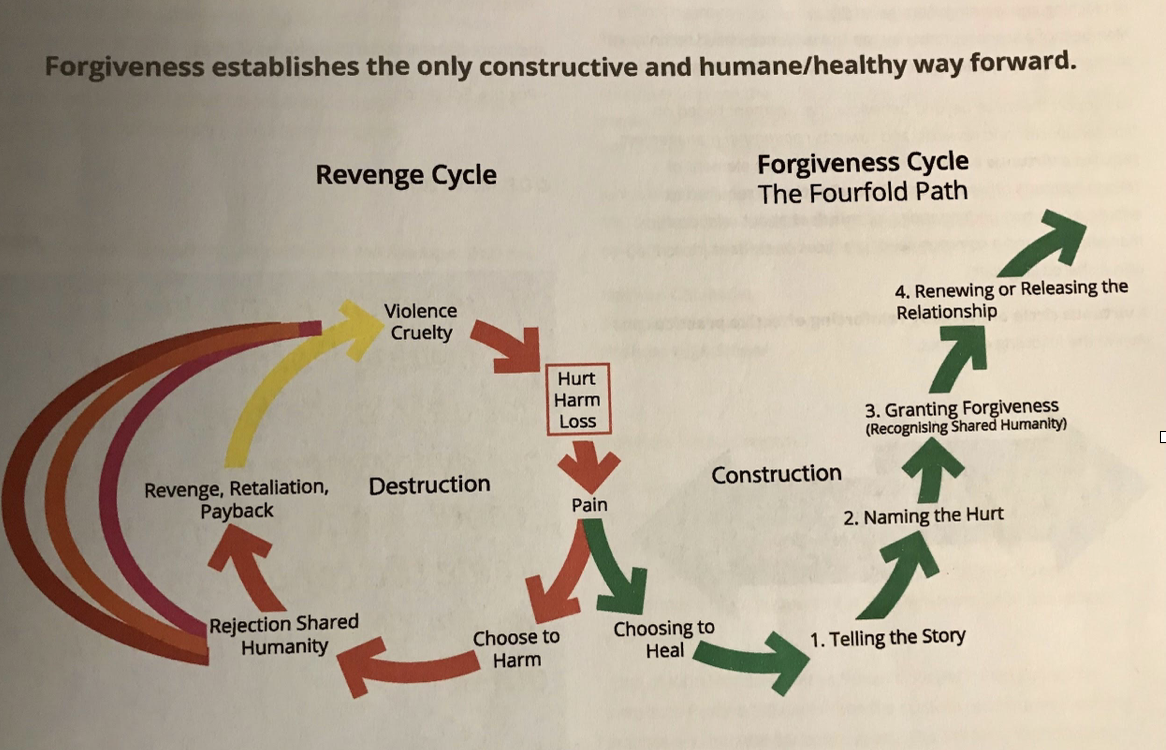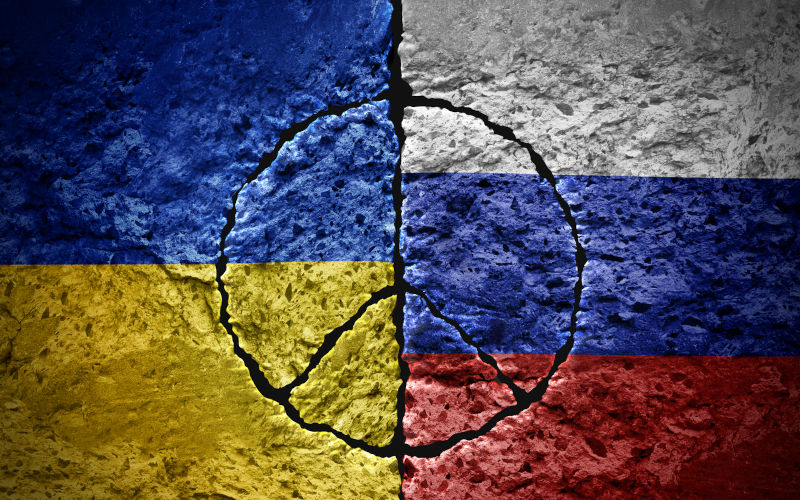How can this be happening?
February 18, 2023
The first anniversary of the invasion of Ukraine approaches. No direct dialogue has yet been established between the warring parties. Just more hostility. More weapons, always more weapons and therefore more dead people.
__
Many of the dead are so young, as in every war and as in these pictures below from last year.

Tragically they will not see the spring flowers soon to blossom in the Northern Hemisphere. They will not sit on a balcony in summer sunshine, sipping wine with friends; swimming and laughing in a warm sea; talking of future hopes and dreams. Many of them would have been in love or would have been hoping to unexpectedly fall in love
How can this still be happening when we know such cruel folly is actually avoidable?

Whilst the current global arms race takes us into a terrifying future and the rhetoric of enmity is normalised in public discourse and the opportunity cost of militarism is causing more of the poor to starve or die of preventable diseases.. whilst all this is happening and is treated like it is sane, there is ancient wisdom in living traditions of meditation which can actually give humankind a more beautiful and peaceful future.
In recent days I have been with meditators of much emotional intelligence.
Our reflections have been of how meditation builds community.
In the silence we are drawn closer and feel what fine teachers now call a unified consciousness .
https://wccm.org/articles/what-is-unified-consciousness-for-you/
For a person of faith this is the silent music of God, in the beautiful phrase of St. John of the Cross.
The experience is of being drawn deeper into unity with all living beings. This is a lived experience, no mere ideology.
Everyones joy is our joy. Everyones sorrow is our sorrow.
Once felt, we know how this meditative experience harmonises our own being and becomes our constant search, providing our thoughts with future deeds and actions.
Our meditation practice therefore flows into compassionate peacebuilding.
How could it be otherwise, given the necessity of our day?
Is there a more beneficial way to live in what time we have?
Meditation makes us more attentive, better listeners. We attend to our breathing, in and out. We attend to our mantra, amidst the many distractions of other thoughts. We become more patient in the art of listening well to others.
An experienced meditator spoke to some of us this week about how his meditation evolved into offering Circle Work so as to ensure everyones voice was heard in a dialogue the kind that helps participants find a way forward out of conflict and confusion.
We spoke of parallels with indigenous practices, like the Fijian and Pacific Talanoa Dialogue which has been utilised by those of us involved in the United Nations climate change conferences. https://unfccc.int/sites/default/files/approach_to_the_talanoa_dialogue.pdf
https://interfaithliaisoncommittee.carrd.co/
The necessity of our time is to have more careful listening and more artful dialogue, at every level.
This is a necessity in our personal and family relationships, all the way to how nation states deal with complex and conflicted issues.
At every level we have learned that life is better if we practice simple rules of dialogue.
The first is to actually agree to meet. Once we are meeting, even if this occurs spontaneously, then it is important to listen carefully without interrupting.
Instead of interrupting on the assumption that we know what the other person will say, before they say it, we are encouraged to wait until they finish. And then, if necessary, to ask open questions for clarification. Questions like: What do you mean by this? Are you saying?
Interrupted conversations seldom go well. One interruption just leads to the next. Voices are raised and emotions become more fraught. Any history of unreconciled matters sits not far from the surface, waiting to re- erupt across the conversation.
This week I offered a spiritual reflection to the staff of our Anglican Overseas Aid agency.
I shared with them this diagram that comes from our work on Forgiveness which is influenced by dear Desmond and Mpho Tutu and many others.

Our dialogue in peacebuilding must deal with the residual consequences of past choices, after the experience of hurt, harm and loss. When those choices have led to retaliation and violence, there is an unreconciled history which will need attention if peacebuilding is to be sustained.
Those experienced providers of aid and development reflected on how difficult it is to offer a better future when the same choice to harm is still dominant. They mentioned their work in Ethiopia; in Israel and Palestine and, sadly, so many other places.
The pattern just repeats itself until there is the sustained choice to seek reconciliation and to carefully heal over what is now past through fresh choices.
For this to happen there has to be dialogue, yes? Dialogue which is guided by an attention to build trust with empathy and understanding, in a place where everyone feels safe.
We have all been learning or re-learning the history between Ukraine and Russia. Clearly, there will need to be a lot of careful, patient dialogue if there is to ever be a more peaceful future.
A continuing choice to harm with new weapons only leads to more suffering and a more difficult peace process.
Sooner or later, history shows us that wars cease as negotiations stop the killing, at least for a time.
How can it be that, to utilise President Bidens phrase, there is still no off -ramp which stops the killing in Ukraine?
Last week was also the second anniversary of the military coup in Myanmar where the killing also continues with no off-ramp in sight. This illicit regime continues to murder its own people.
Faithful friends, both Buddhist and Christian, met at the weekend to pray and fundraise for Seedbed aid programs in Myanmar.
https://seedbeds.org/change-incubator/
I spoke of this on Sunday in Holy Trinity Port Melbourne as we listened to Jesus words about stopping the killing that begins in our hearts and about prioritising reconciliation above everything else.
Afterwards, in meditation, our beautiful jazz pianist Galliano played in grateful remembrance of Burt Bacharach, What the world needs now is love, sweet love; its the only thing theres just too little of .
So poignantly true..
It is an anthem for our times and we took it to the UNCOP in Madrid as the pleading song of young Australians who know how climate change and military violence will destroy their generations’ entire future.
https://www.theeducationmagazine.com/schoolgirls-un-climate-change-conference/ Our Meditation Australia Council also met at the weekend for Strategic Planning.
https://meditationaustralia.org.au/
After some sharing of the above reflections, we agreed to initiate a future Conference on Meditation and Peacebuilding: Learnings and Opportunities, Local and International.
Our Australian Centre for Christianity and Culture can be a partner; others too.
As we seek to build a critical mass globally of contemplative souls who live from a unified consciousness, a process of education is one response to the anguished and grief soaked global cry:
How can this still be happening?
Integrating meditation into peacebuilding, at every level, is our frontier.
